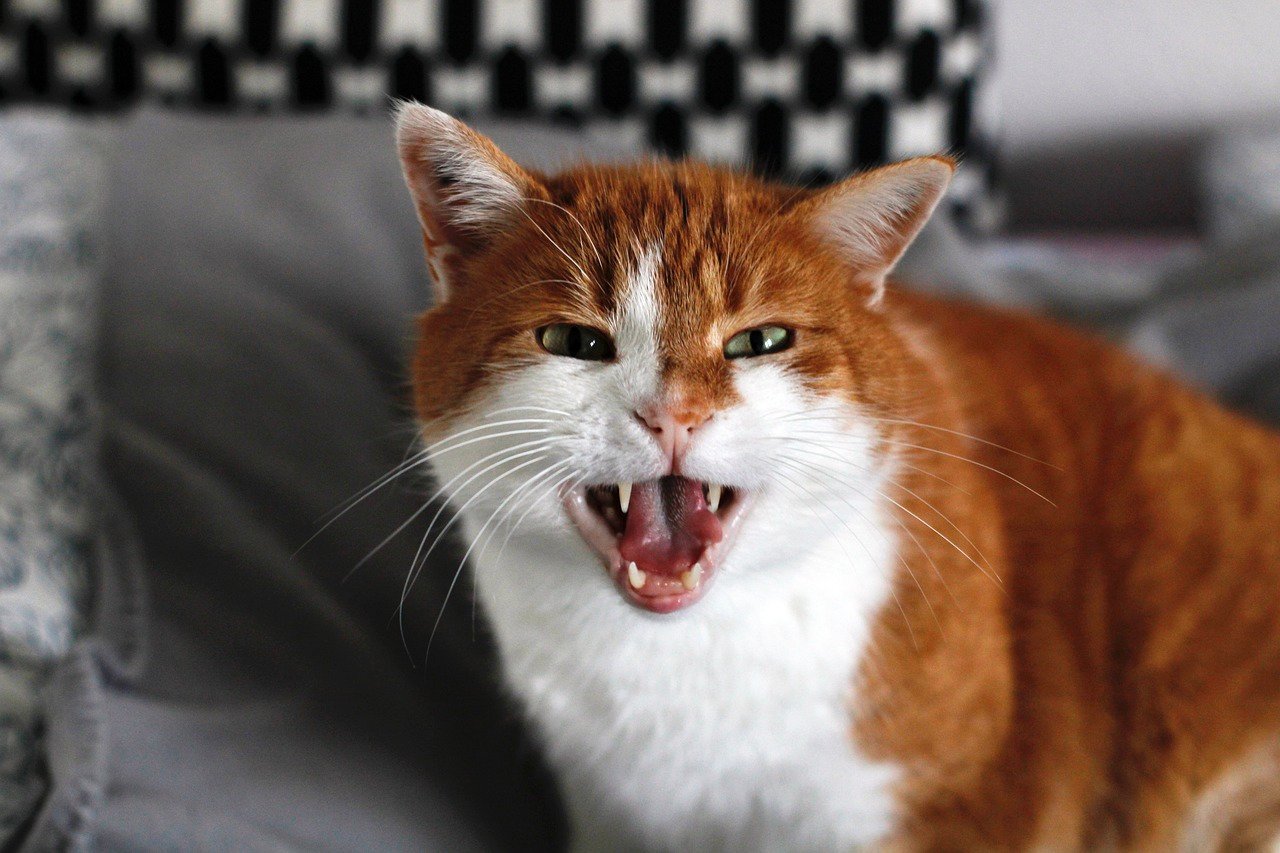Cats may seem calm and collected, but certain sounds can instantly flip their mood. From vacuum cleaners and loud bangs to high-pitched whistles or doorbells, some noises can trigger a cat’s fight-or-flight response—often leaning toward fight! Even common household sounds like clinking dishes or a baby crying can be overwhelming. This sensitivity is tied to their keen hearing and instinct to defend territory. Understanding these triggers can help you create a calmer space for your feline friend. After all, a peaceful environment means fewer surprises—and fewer swats!
Sudden Loud Bangs
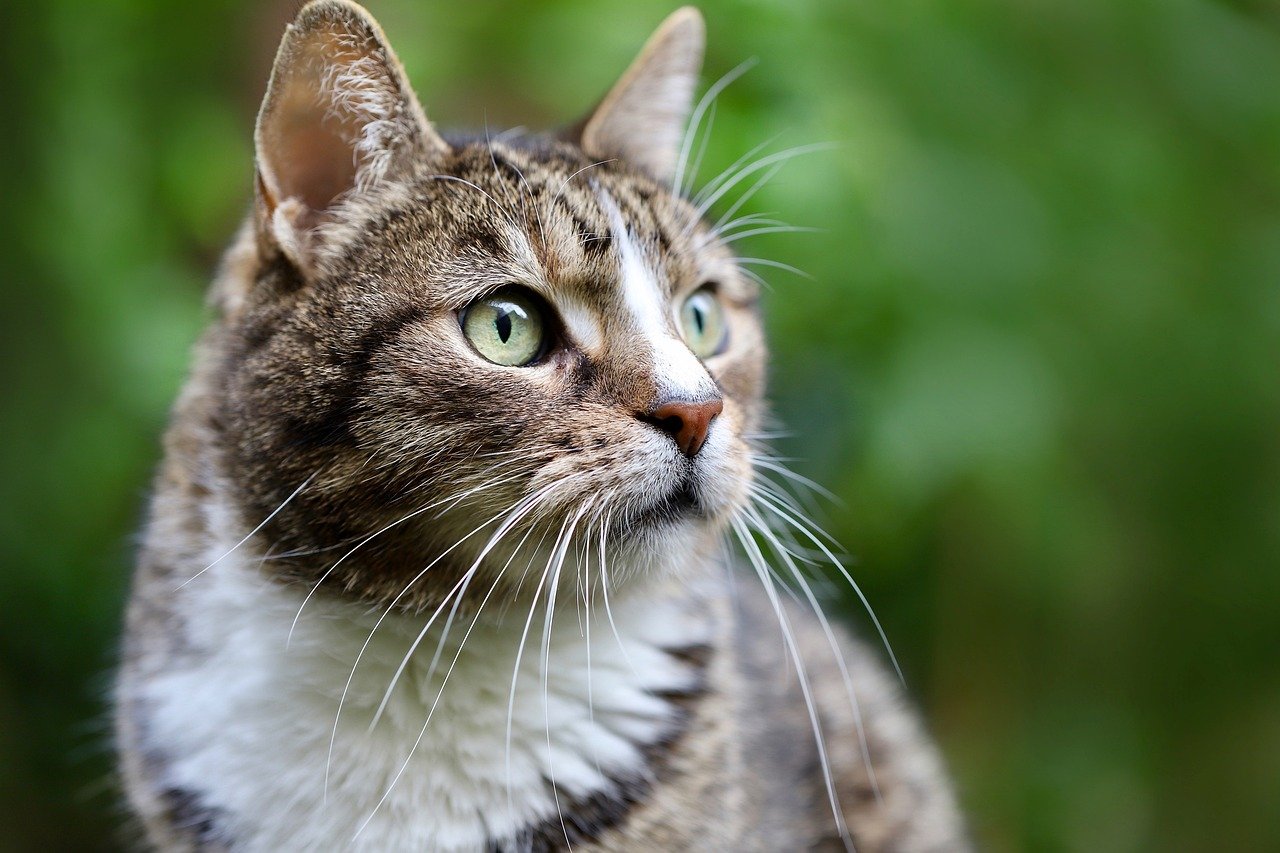
A sudden loud bang, like a dropped pan or a slammed door, can jolt even the calmest cat into a state of high alert. This kind of noise triggers their ancient survival instincts, making them believe danger is near. Cats often associate sharp, unexpected sounds with threats, which might lead to aggressive posturing or even swatting at whatever—or whoever—is nearby. Imagine being in a deep sleep and waking up to a fire alarm; that’s how startling it is for them. Even after the noise stops, cats can remain tense and moody for hours. If you have a cat, try to keep sudden loud noises to a minimum, especially in their favorite resting spots. Your cat’s aggression in these moments isn’t personal; it’s just pure, primal self-preservation.
Vacuum Cleaners
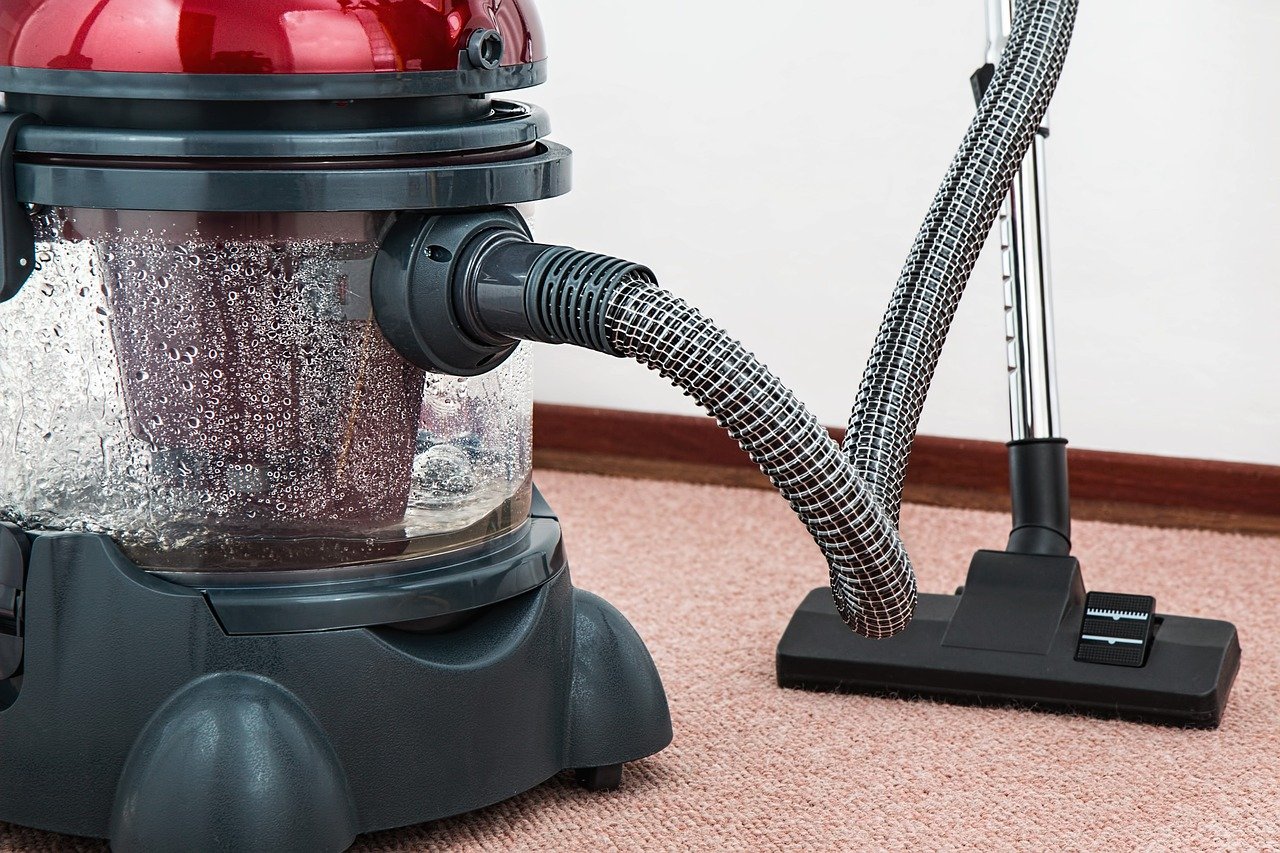
Ah, the dreaded vacuum! For many cats, the mere sight of this loud, unpredictable beast is enough to set off a flurry of aggressive behavior. The vacuum’s roar mimics the low-frequency rumbles of predators, sending cats into fight-or-flight mode. Some cats lash out at the machine, swatting and biting, while others attack their humans out of redirected frustration. The unpredictable movement of the vacuum doesn’t help either—it seems to chase them wherever they go! If your cat turns into a mini-tiger every time you clean, try introducing the vacuum slowly or keeping your cat in another room. Over time, some cats may grow accustomed, but for many, the vacuum remains a lifelong nemesis.
High-Pitched Screams or Shrieks
Cats have incredibly sensitive ears and can hear frequencies much higher than we can. So, when someone lets out a high-pitched scream or shriek, it can be truly overwhelming for a cat. These noises often resemble the distress calls of small animals, which can confuse or agitate your pet. Some cats may respond by lashing out, as if trying to silence the disturbance, while others may hide or become unusually defensive. I’ve seen my own cat flatten her ears and puff up at the sound of children playing loudly. If your household gets noisy, consider creating a quiet sanctuary where your cat can retreat when things get too chaotic.
Hissing or Spitting Sounds
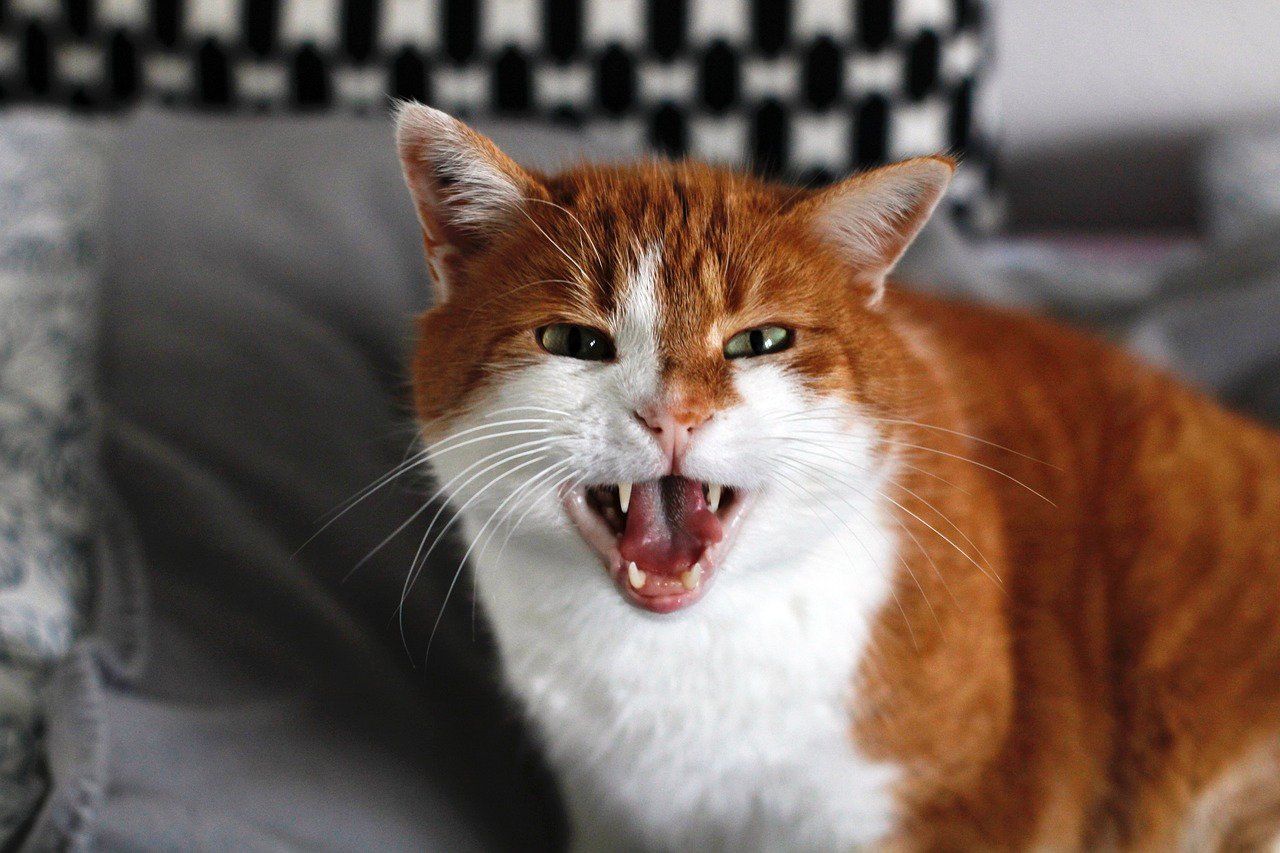
The sound of hissing or spitting is universally recognized by cats as a sign of hostility. Even recordings of these sounds can provoke a strong reaction. When cats hear hissing, they may interpret it as a direct challenge or threat, leading to aggressive posturing, swatting, or even attacking other pets nearby. Hissing is a cat’s way of saying “back off,” so hearing it—even if it’s not real—puts them on edge. If you have multiple cats, avoid playing videos or using toys that mimic these sounds, as it can quickly turn playtime into a fur-flying brawl.
Angry Human Voices
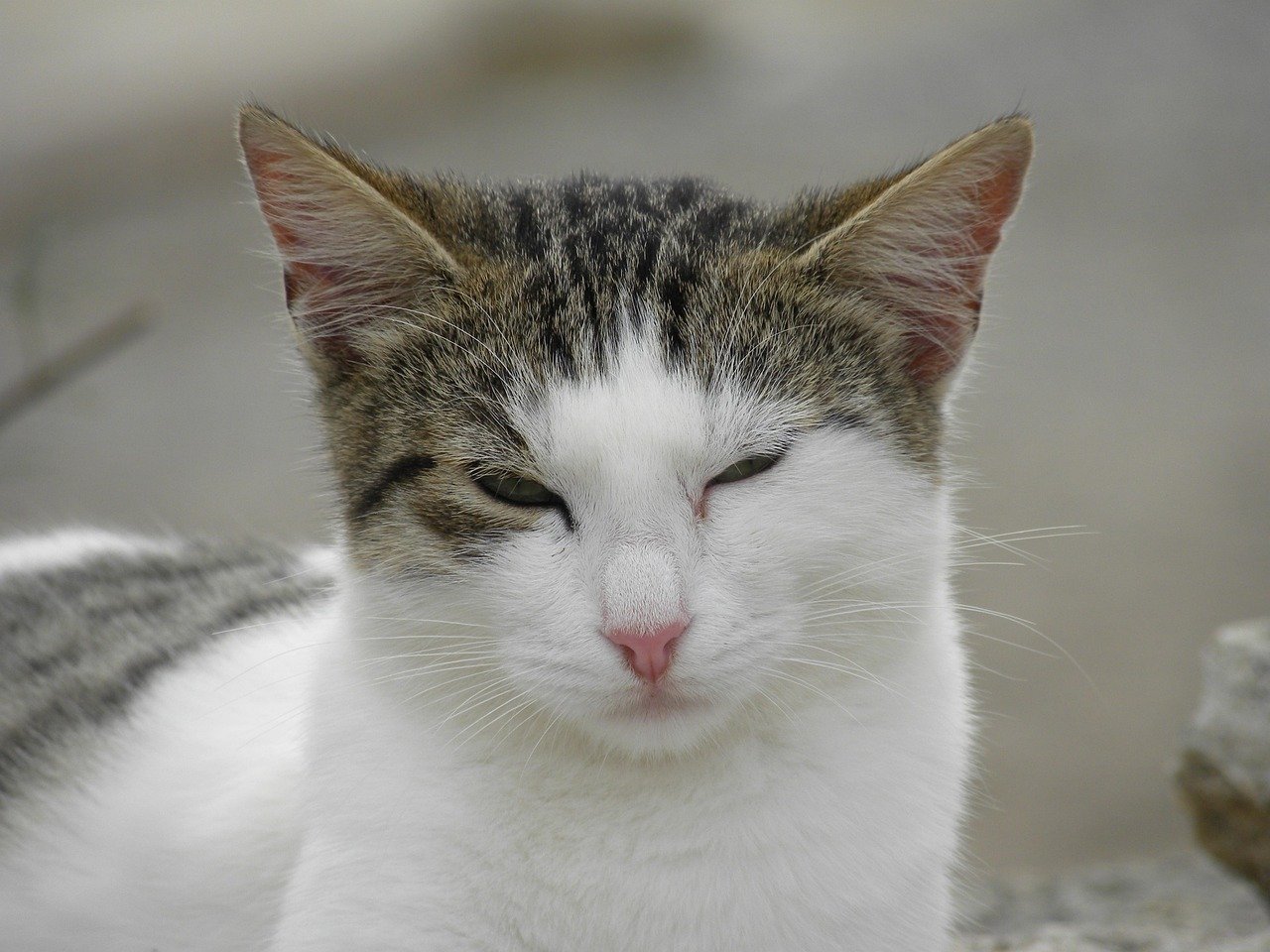
Cats are masters at picking up on tone, especially when it comes to human voices. Yelling or speaking in an angry tone can make a cat feel threatened or cornered. They might respond with defensive aggression, swatting or biting as a way to protect themselves. Even if you’re not yelling at them, the intensity of your voice can be enough to cause a fearful, aggressive reaction. I’ve noticed my cat will sometimes react to arguments on TV as if they were happening right in our living room. If you need to raise your voice, try to do it away from your feline companion’s sensitive ears.
Other Cats Yowling
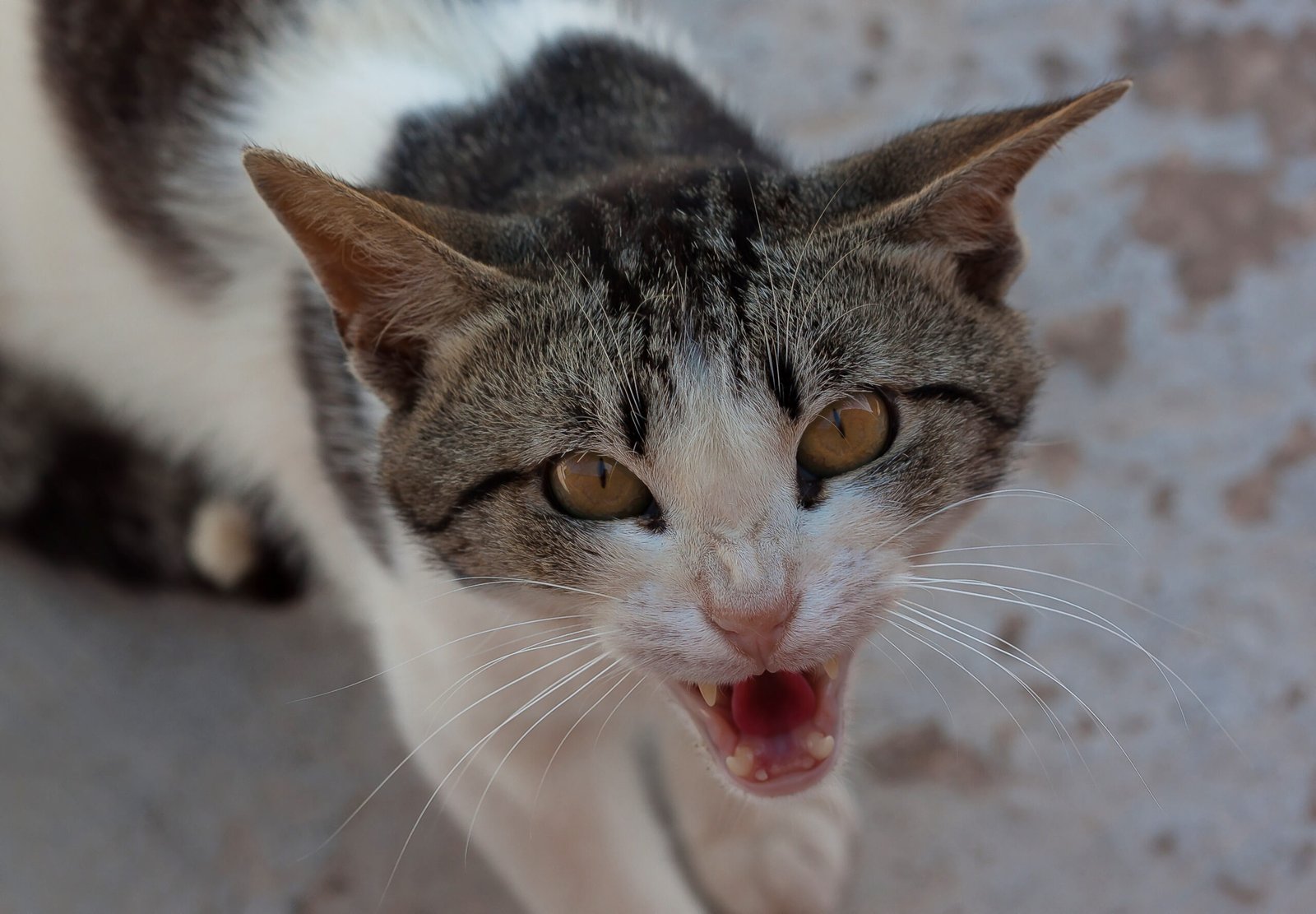
The sound of another cat yowling, either from outside or on a video, can trigger intense territorial instincts. Yowling is often a sign of distress or a warning to other cats to stay away. If your cat hears this, they may become hyper-alert, hiss, or even attack the nearest pet or person out of frustration. This reaction, called redirected aggression, is surprisingly common. You might find that your normally sweet cat suddenly becomes unpredictable after hearing a neighborhood cat’s late-night serenade. If this is an issue, try to muffle outdoor sounds at night to help your cat feel more secure.
Thunderstorms

Thunderstorms combine several things cats dislike: loud, low-frequency rumbles, sudden flashes, and changes in air pressure. The sound of thunder can startle a cat and make them feel trapped or under threat. Some cats respond with aggression, especially if they can’t find a safe place to hide. My own cat once clawed at the furniture during a particularly loud storm, clearly trying to vent her stress. If storms are common in your area, create cozy hiding spots for your cat and give them extra reassurance during rough weather.
Fireworks
Fireworks are like thunderstorms on steroids for cats. The unpredictable booms, cracks, and whistles can send them into a frenzy. Many cats react with aggressive behavior—biting, scratching, or running wildly—because they can’t make sense of the chaos. The lingering smell of smoke and flashing lights only add to their confusion. Fireworks season is a nightmare for sensitive pets, so close windows, draw curtains, and play calming music to mask the noise. If your cat is especially anxious, consider talking to your vet about possible calming aids.
Plastic Bags Rustling

It might sound harmless to us, but the sharp, crinkling sound of a plastic bag can be nerve-wracking for cats. This noise often mimics the sound of predators moving through dry grass or leaves, triggering a defensive response. Some cats will attack the offending bag, while others lash out at whatever is nearby. I once dropped a bag on the floor and my cat pounced on it as if it were a snake! If your cat reacts badly to this sound, try storing bags out of their reach and avoid making the noise near their favorite spots.
Doorbells and Knocking
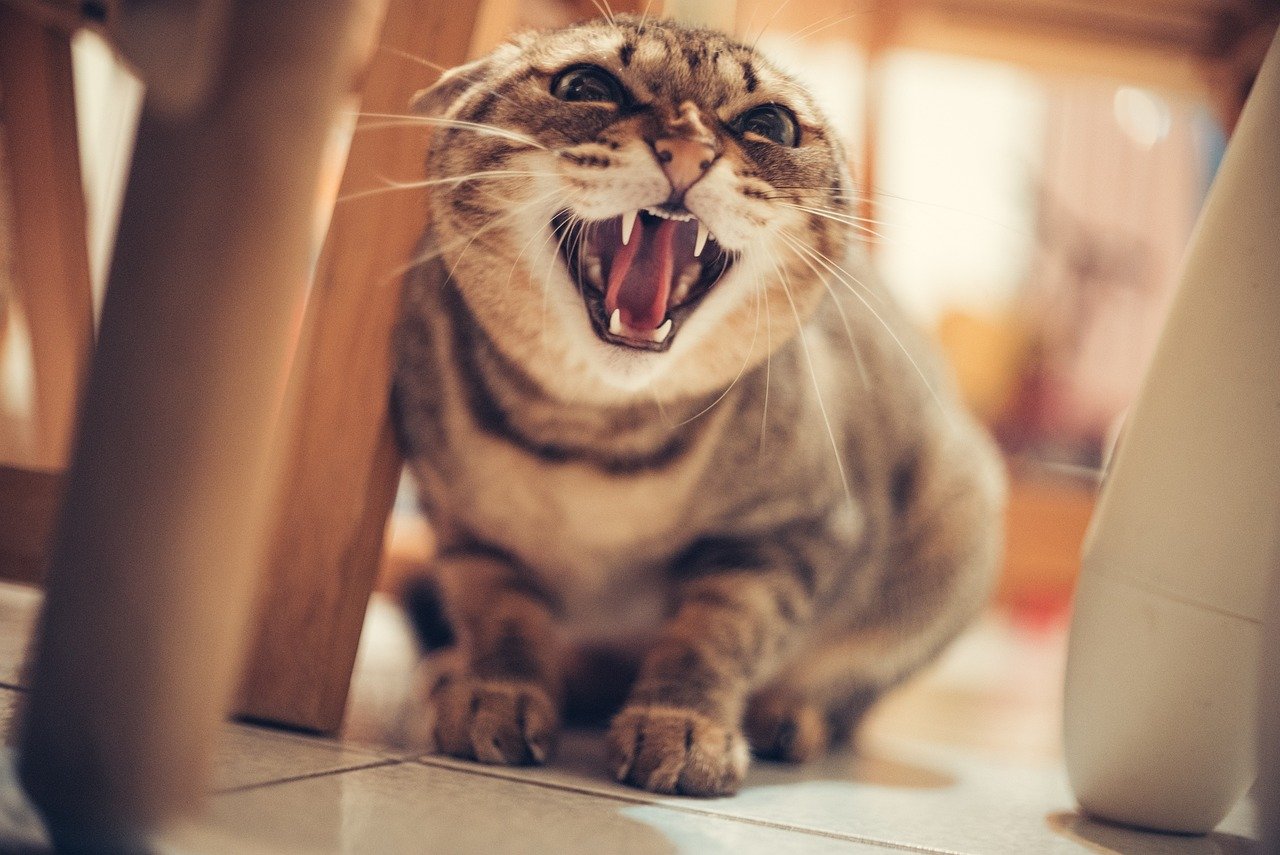
For a cat, the doorbell or a sudden knock is like an alarm bell signaling the arrival of an unknown intruder. Many cats react by becoming instantly aggressive, puffing up, hissing, or even attacking other pets or people nearby. This is a classic case of redirected aggression—your cat wants to protect their territory, but since they can’t get to the source, they take it out on whoever’s closest. If your cat struggles with this, try desensitizing them slowly by playing recordings at low volume and rewarding calm behavior.
Clapping or Snapping Fingers
The sharp, abrupt sound of clapping or finger snapping is often used to get a cat’s attention, but it can have the opposite effect. To a cat, these noises are startling and can seem like a warning or threat. Some cats respond by lashing out, especially if they’re already feeling edgy. I once tried snapping my fingers to call my cat, only to be met with a very offended glare and a quick swipe at my hand. If you need your cat’s attention, try using their name in a soft, gentle voice instead.
Crying Babies
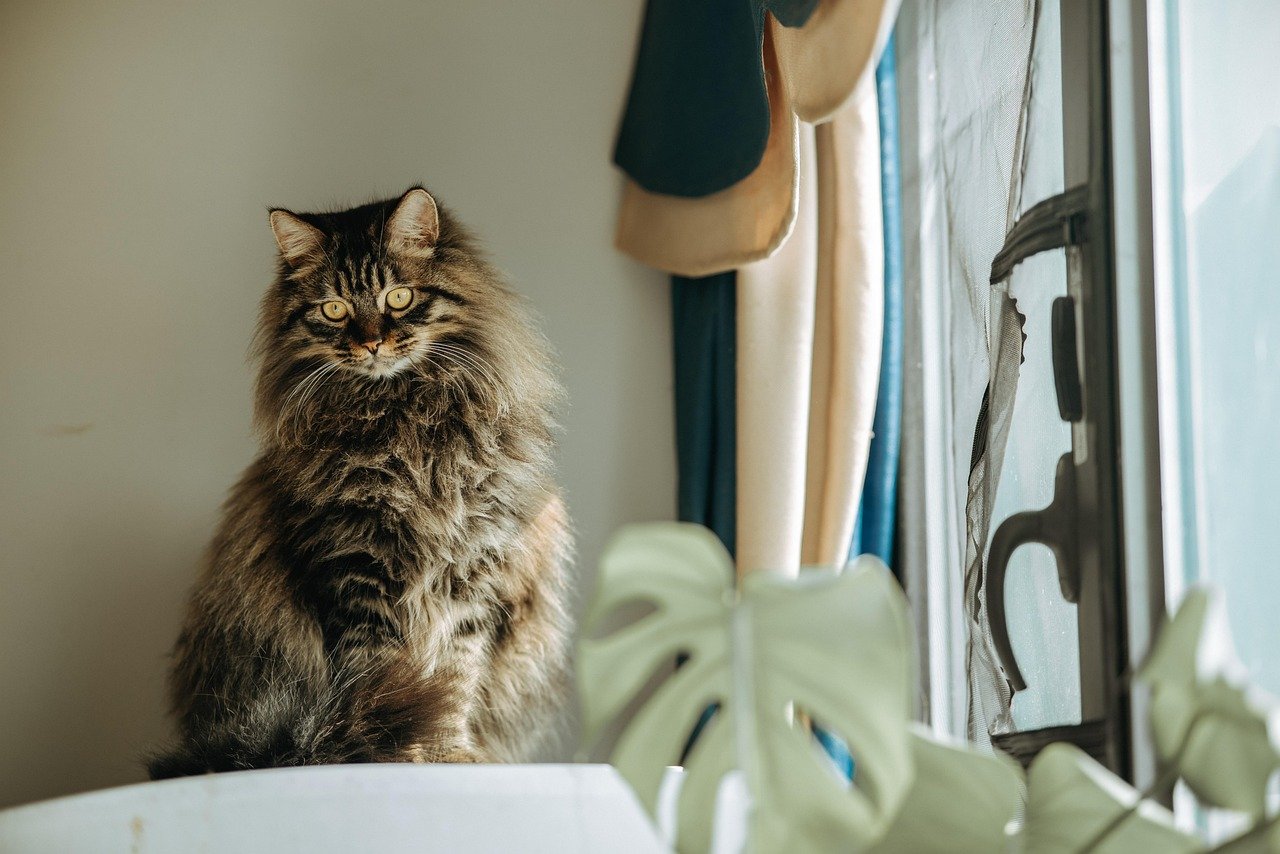
A baby’s cry is a high-pitched, repetitive sound that can really unsettle cats. To them, it might resemble the distress calls of kittens or prey, triggering a mix of confusion, anxiety, and sometimes aggression. Some cats try to “hunt” the source of the sound, while others hide or become grumpy. If you have a new baby in the house, give your cat a safe, quiet space away from the noise and gradually help them adjust to the new family member.
Electronic Beeps and Alarms
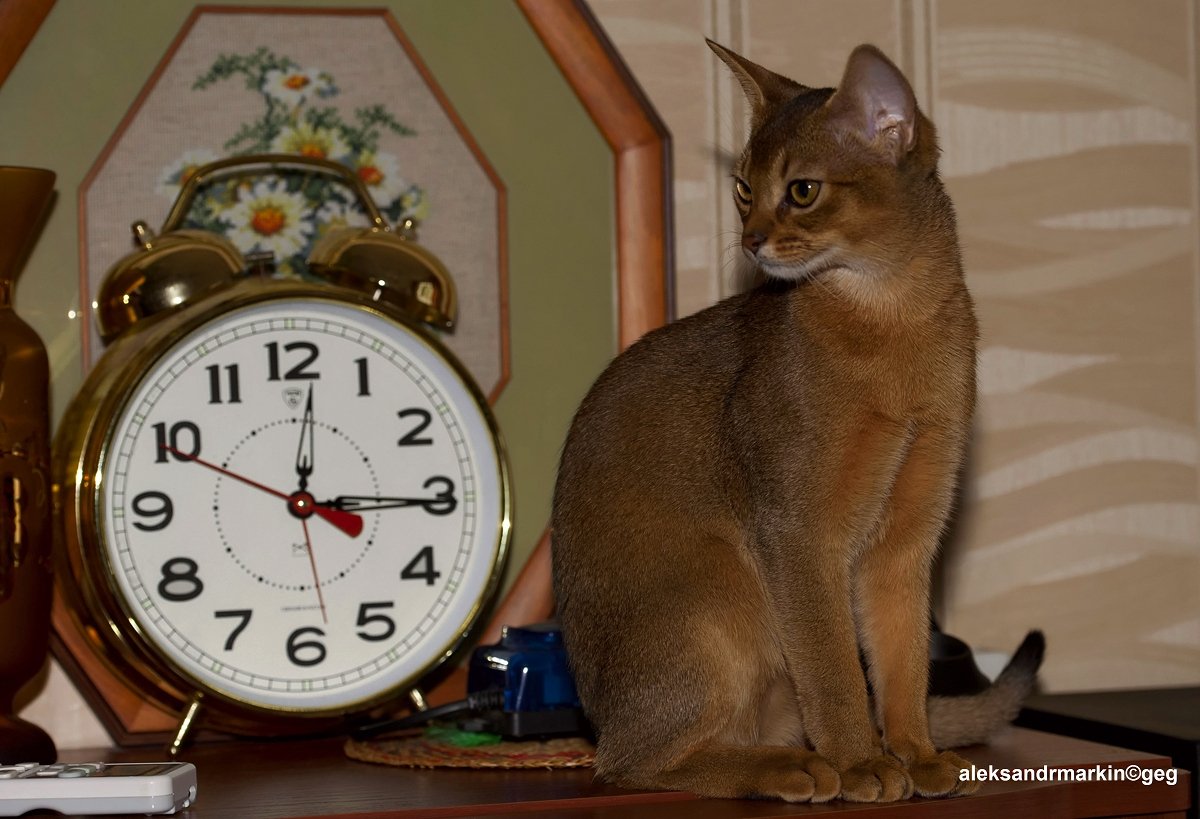
The high-pitched beeps from alarms, microwaves, or smoke detectors can drive cats up the wall. These sounds often signal “danger” in a cat’s mind, leading to frantic or aggressive outbursts. I’ve seen cats leap off furniture or even attack their toys after hearing a sudden beep. Because these noises are so common in modern homes, it’s important to keep your cat’s stress levels in mind and try to minimize unnecessary alarms when possible.
Metallic Clanging or Clattering
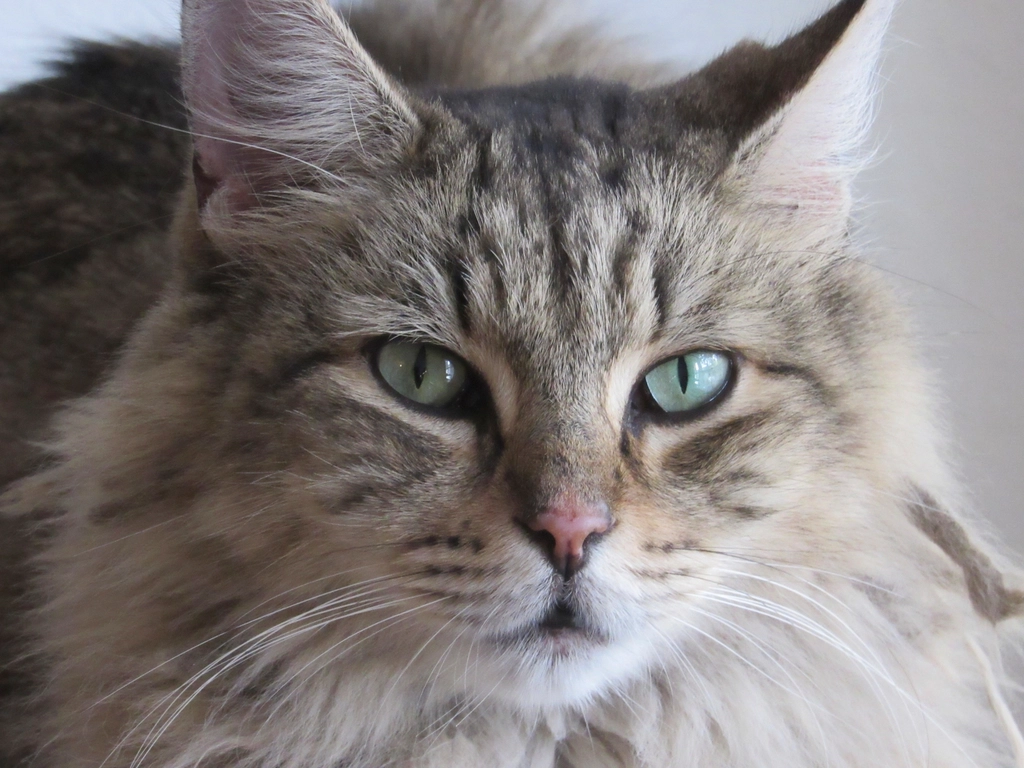
The metallic clang of dropped silverware, keys, or pots sends a shiver down many cats’ spines. The sound is both sharp and unfamiliar, which makes it extra unsettling. Cats might react by attacking the source, biting, or scratching anything nearby. I once dropped a metal spoon and watched my cat leap a foot in the air before dashing under the bed. If you notice your cat reacts to these sounds, try setting metal objects down gently and avoid making a racket in areas where your cat likes to relax.
Musical Instruments—Especially Drums and Brass
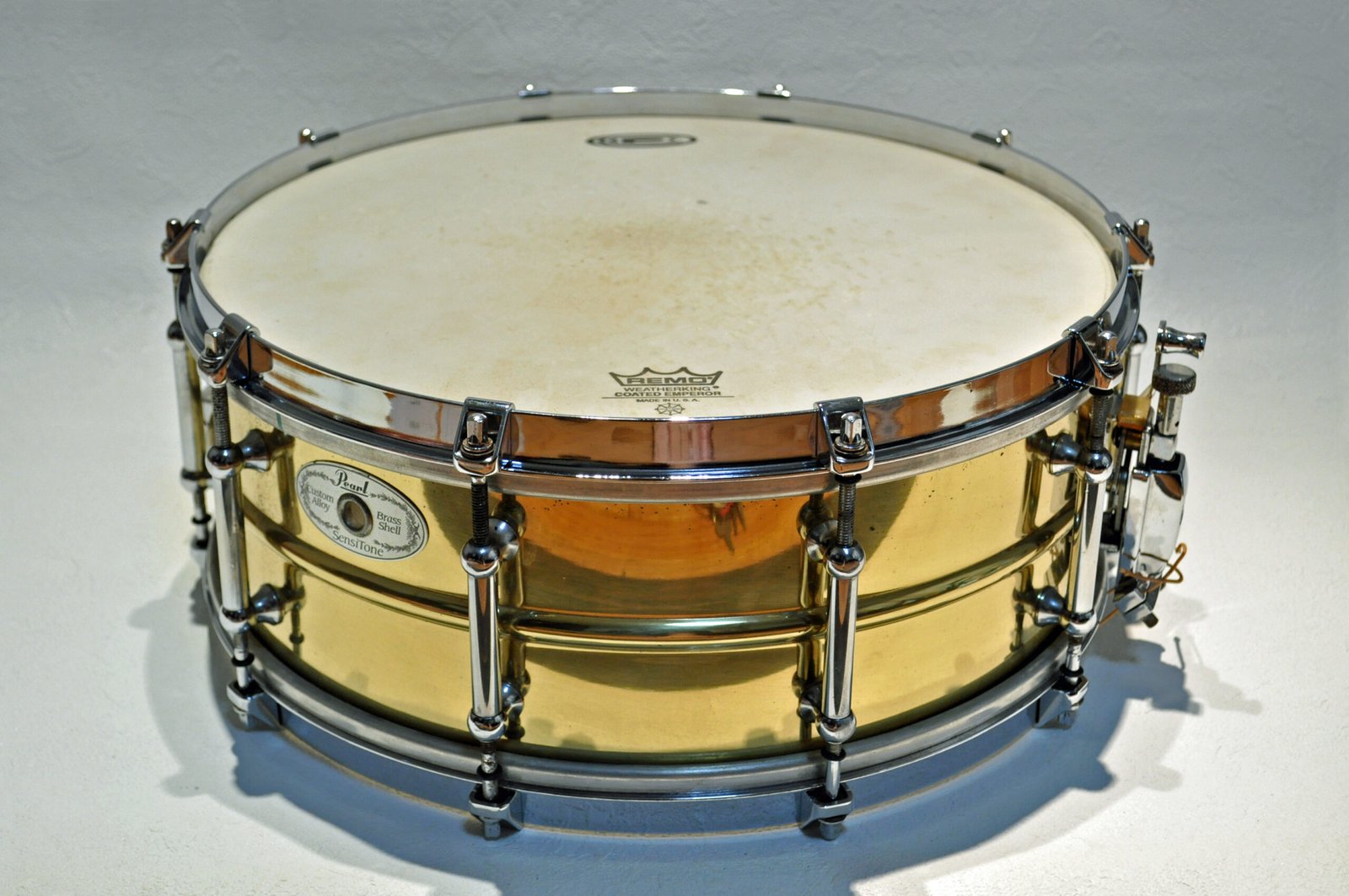
While some cats are unbothered by soft music, loud instruments like drums, trumpets, or even a raucous guitar solo can send them into a tailspin. The deep vibrations and sudden volume changes can feel threatening, leading to aggressive or defensive behaviors. If you or someone in your home plays a loud instrument, consider keeping your cat in another room during practice times. Over time, gentle exposure might help, but most cats will always prefer peace and quiet over a rock concert in the living room.
Understanding what sounds can upset your cat is a big step toward building a more peaceful home. Whether it’s the vacuum or a sudden loud clap, being aware of these triggers helps you avoid unnecessary stress for your feline friend. With a little patience and some simple adjustments, you can create a calmer space they’ll feel safe in. After all, a relaxed cat is a happy cat—and that makes for a much happier you, too!

